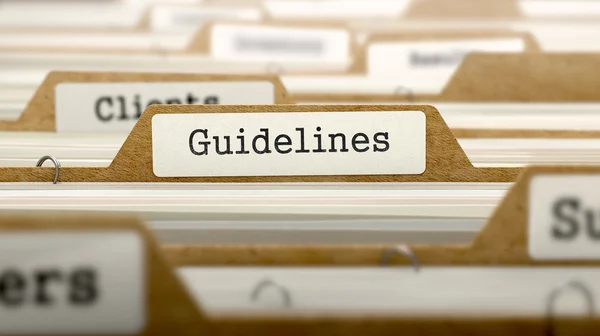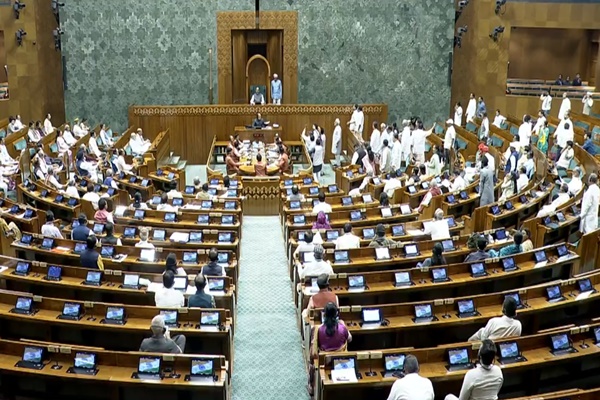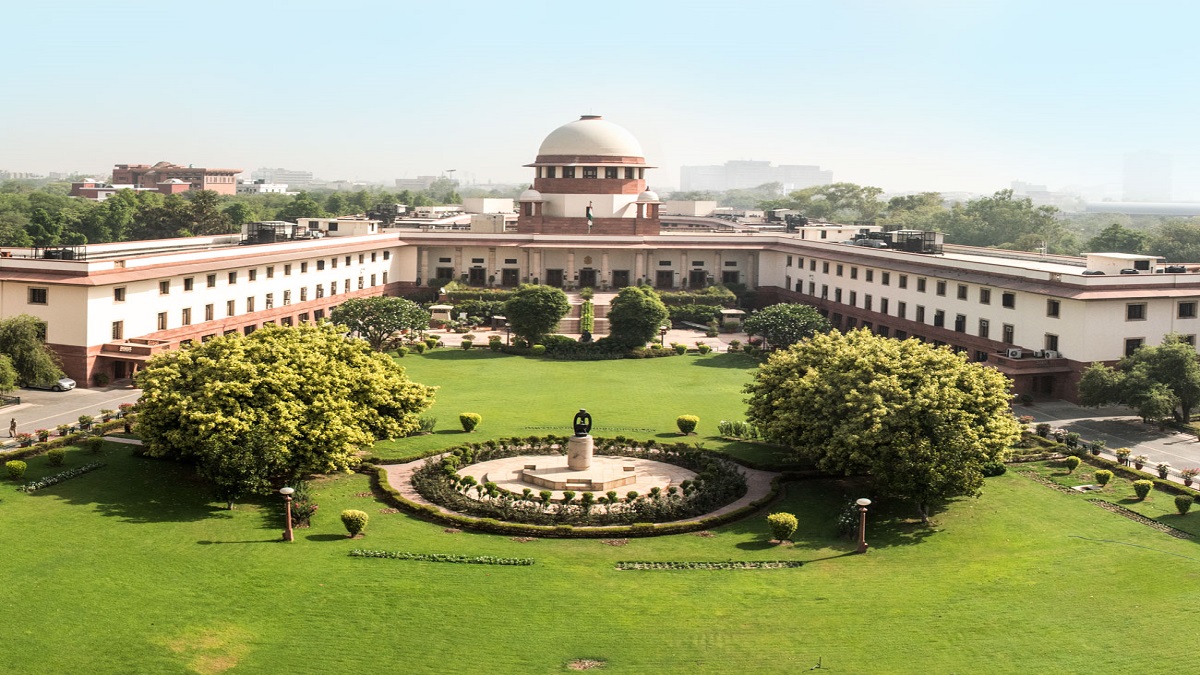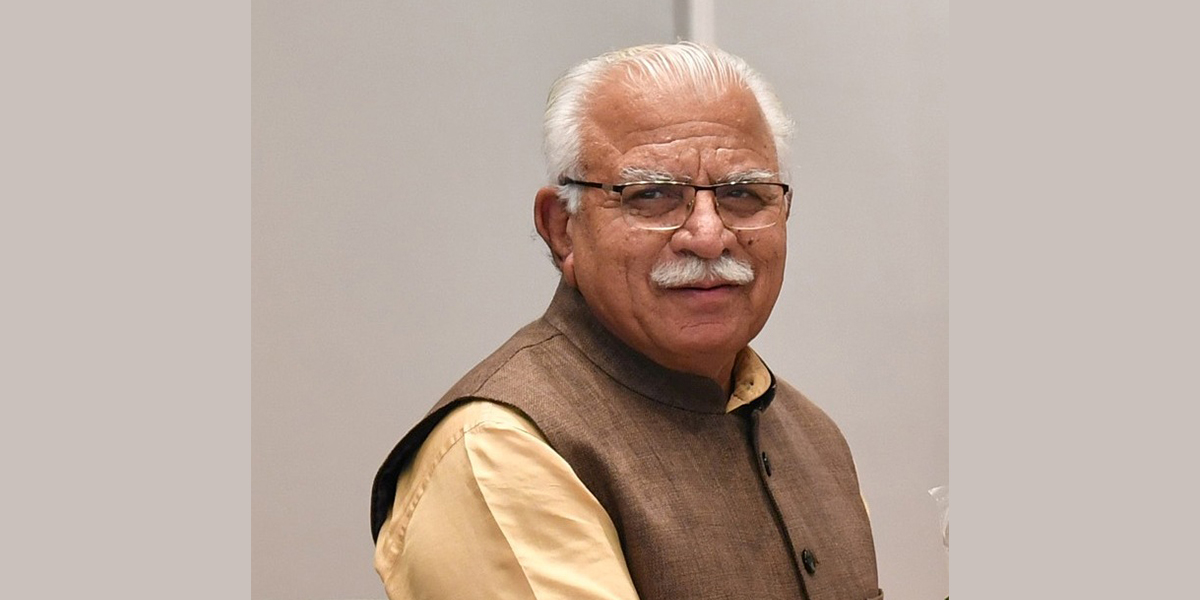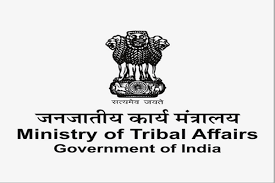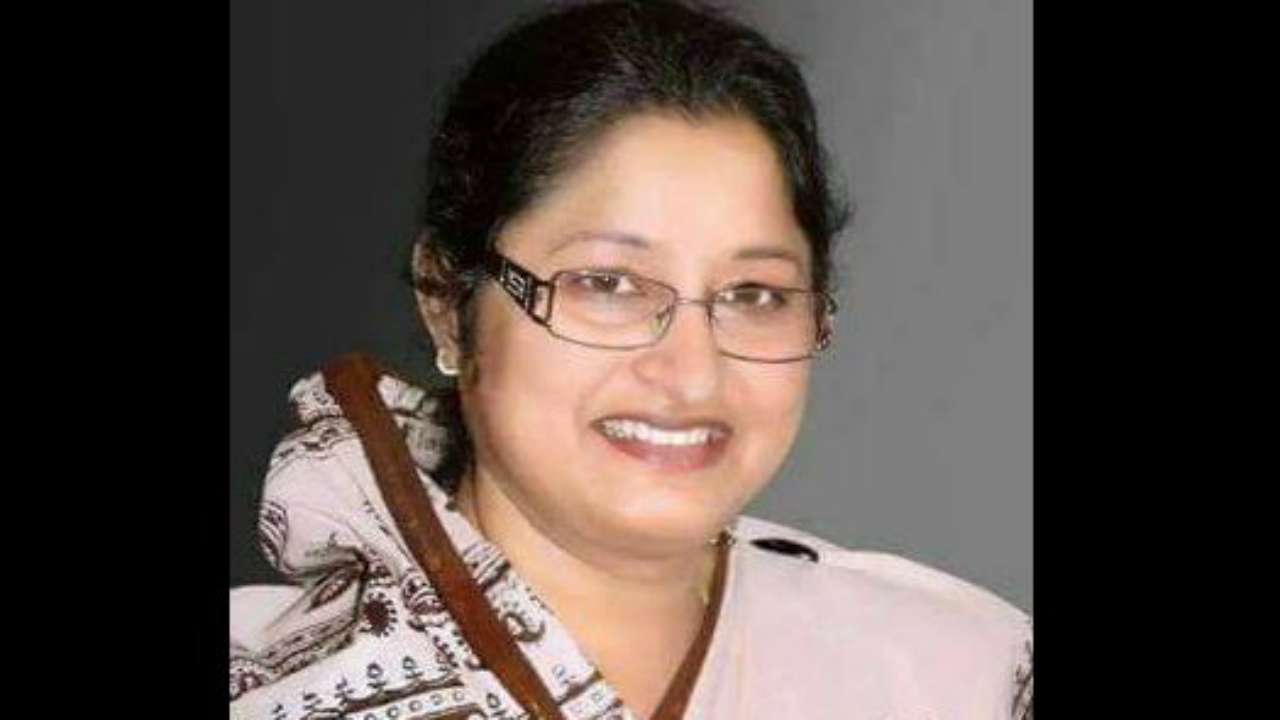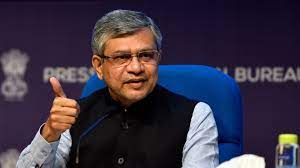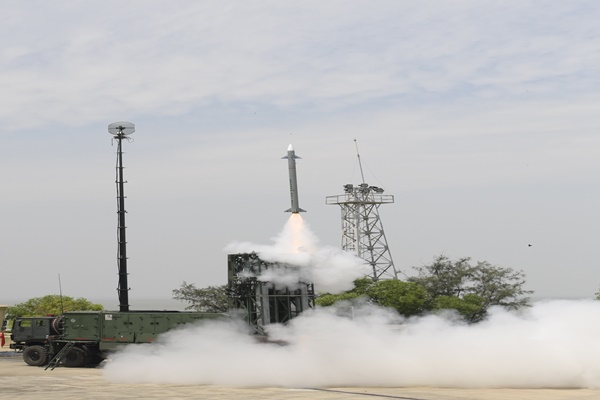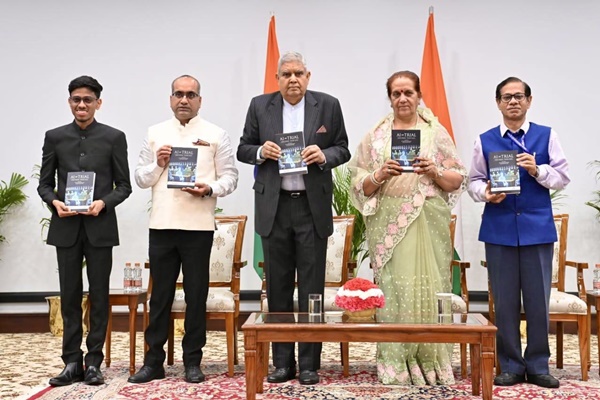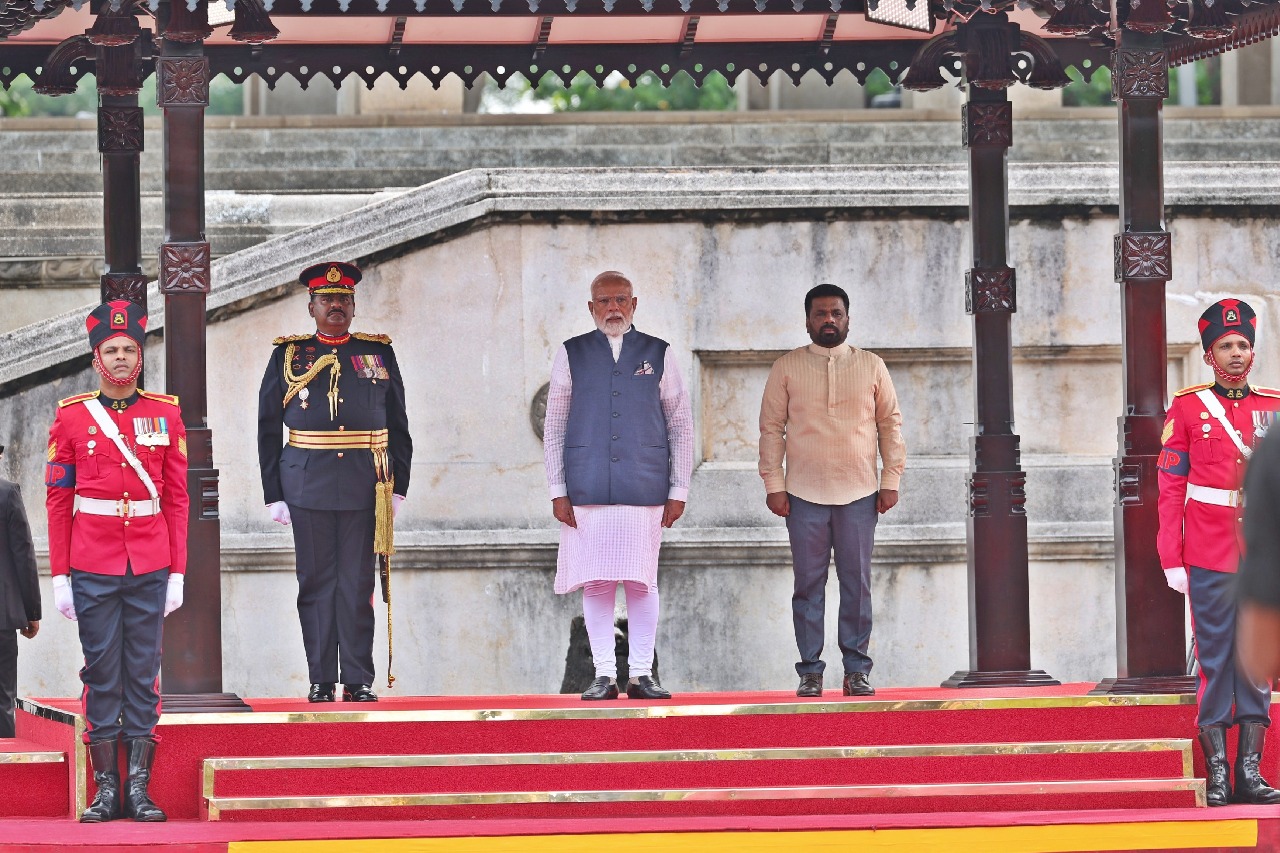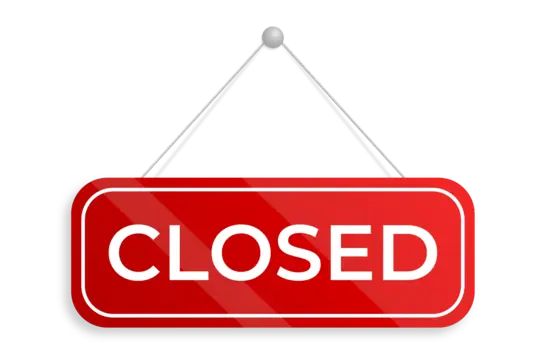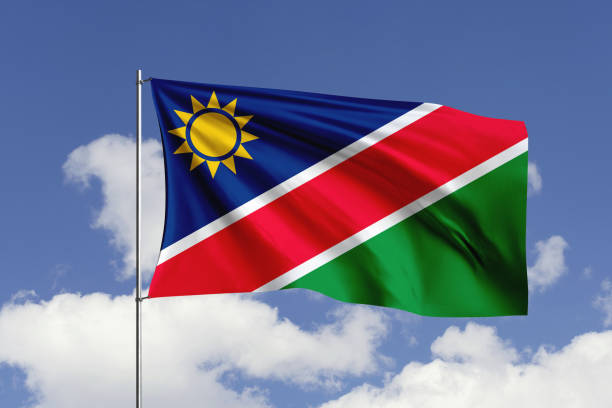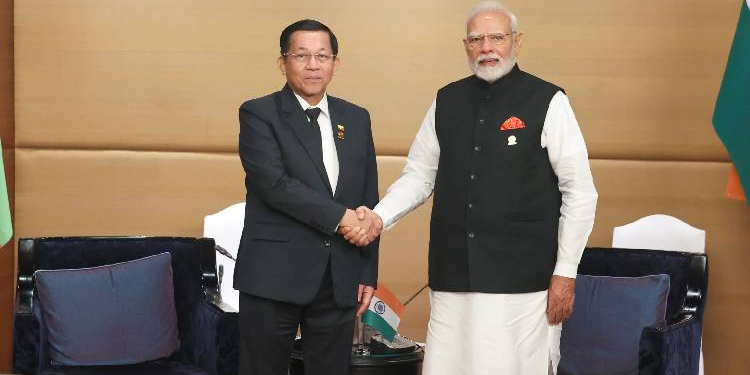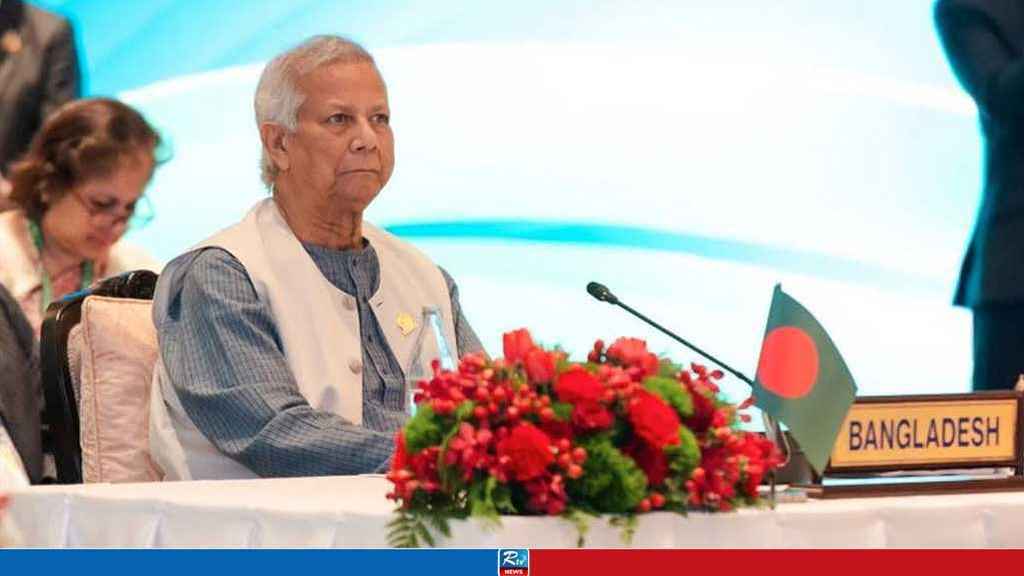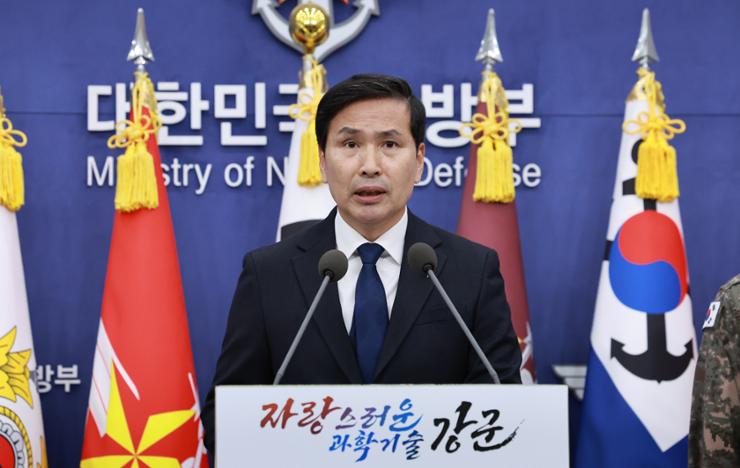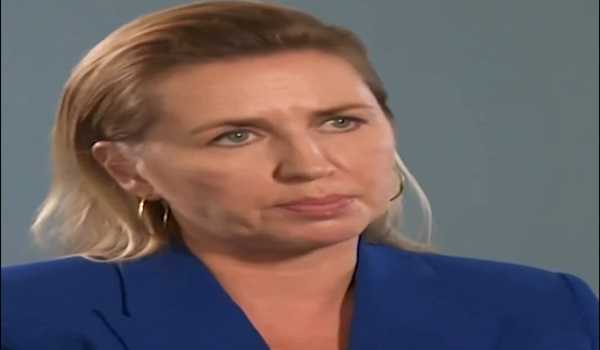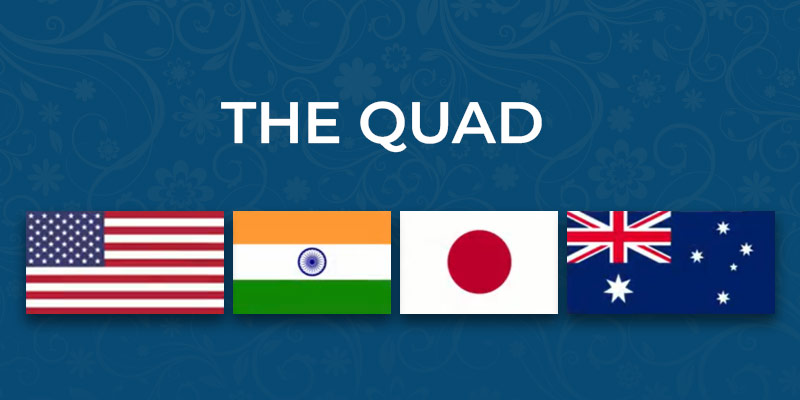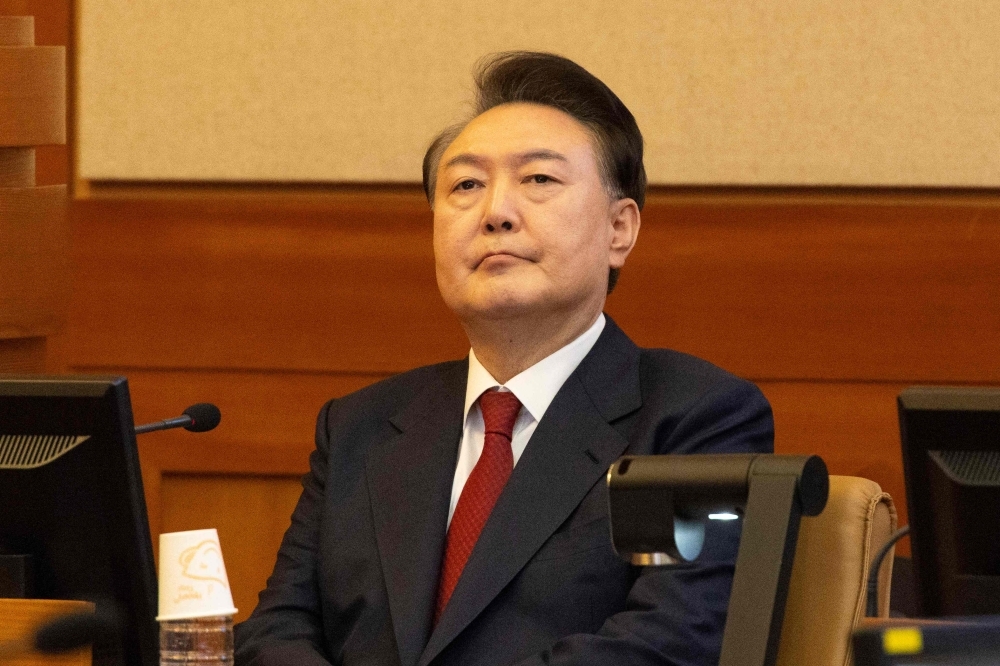Centre to announce 2-4% dearness allowance hike this month
Mon 06 Mar 2017, 18:25:57

New Delhi, March 6: Later in March, the Centre is likely to announce a rise of two to three per cent dearness allowance for 50 lakh government employees and 58 lakh pensioners. Dearness allowance and dearness relief are provided to employees and pensioners to neutralise the impact of inflation on their earnings. The labour unions, however, are not happy with the proposed hike saying it would not be able to offset the real impact of price rise.
'The dearness allowance as per the agreed formula by the Centre works out to be two per cent, which would be effected from January 1, 2017,' Confederation of Central Government Employees' President K K N Kutty told PTI.
However, Kutty expressed dissatisfaction over such a 'meagre' hike saying that the consumer price index for industrial workers (CPI-IW) which is an agreed benchmark for increasing dearness allowance is far from reality.
He said that there is a difference between the quantum of price rise of commodities ascertained by the Labour Bureau and the Ministry of Agriculture.
CPI-IW is an imaginary number due to poor quality of data collection by Labour Bureau and it is far from reality, he claimed.
The average CPI-IW to be taken into account for raising dearness allowance is 4.95 per cent from January 1 to December 31, 2017. Since the government has already hiked the
dearness allowance by two per cent in October last year from July 1, 2016, it will now raise it further by two per cent.
dearness allowance by two per cent in October last year from July 1, 2016, it will now raise it further by two per cent.
As per an agreed upon formula, the Centre hikes the allowance taking 12-month average of retail inflation. The government does not consider the price rise rate beyond a decimal point for deciding the rate of the dearness allowance.
Therefore, despite the fact that the hike works out to be 2.95 per cent, the government will ignore the rate of price rise beyond decimal point and increase the allowance by two per cent. The dearness allowance is paid as proportion of the basic pay of the central government employees.
Kutty said that the federation in the next meeting of the national council would make a case for considering the fractions while fixing dearness allowance.
The national council is an apex forum functioning under the Department of Personnel and Training where unionists and senior official discuss issues concerning central employees.
Earlier last year, the government hiked dearness allowance by six per cent to 125 per cent of basic pay. The allowance was later merged into the basic pay following the implementation of the 7th Pay Commission award.
At present, the Central government employees and pensioners are entitled to two per cent dearness allowance, which was effected from July 1, 2016.
No Comments For This Post, Be first to write a Comment.
Most viewed from National
Most viewed from World
AIMIM News
Latest Urdu News
Most Viewed
May 26, 2020
Do you think Canada-India relations will improve under New PM Mark Carney?
Latest Videos View All
Like Us
Home
About Us
Advertise With Us
All Polls
Epaper Archives
Privacy Policy
Contact Us
Download Etemaad App
© 2025 Etemaad Daily News, All Rights Reserved.


